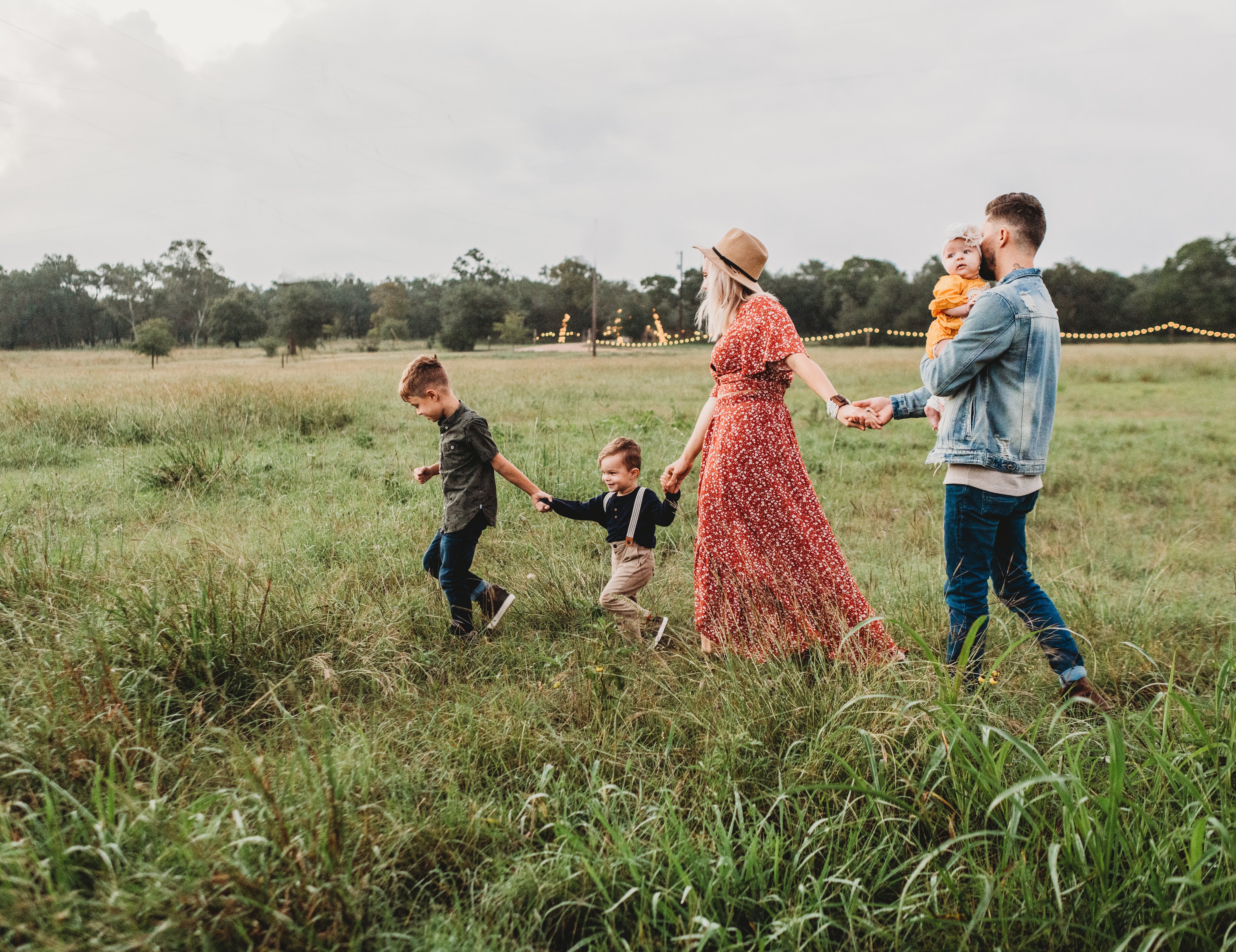Objective: This paper examines how family-building transitions (union formation and first birth) affect the attitudes of Swedes toward work and parenthood. The literature finds that these life course transitions have a traditionalizing effect on gender roles. Is this also the case in Sweden, one of the most gender-equal countries in the world?
Methods: Our study uses the longitudinal Young Adult Panel Study database. We run first-difference OLS regressions on the relationship between family-building transitions and work and parenthood attitudes, distinguishing men from women, and those with more education from those with less.
Results: We find that family transitions do slightly traditionalize attitudes toward work and parenthood, but differences by gender and education are very small.
Contribution: The overall pattern is one of striking similarity between men and women, suggesting that the gender revolution is well advanced in Sweden; traditional gender differences remain primarily among those with less education.
Methods: Our study uses the longitudinal Young Adult Panel Study database. We run first-difference OLS regressions on the relationship between family-building transitions and work and parenthood attitudes, distinguishing men from women, and those with more education from those with less.
Results: We find that family transitions do slightly traditionalize attitudes toward work and parenthood, but differences by gender and education are very small.
Contribution: The overall pattern is one of striking similarity between men and women, suggesting that the gender revolution is well advanced in Sweden; traditional gender differences remain primarily among those with less education.

No comments:
Post a Comment